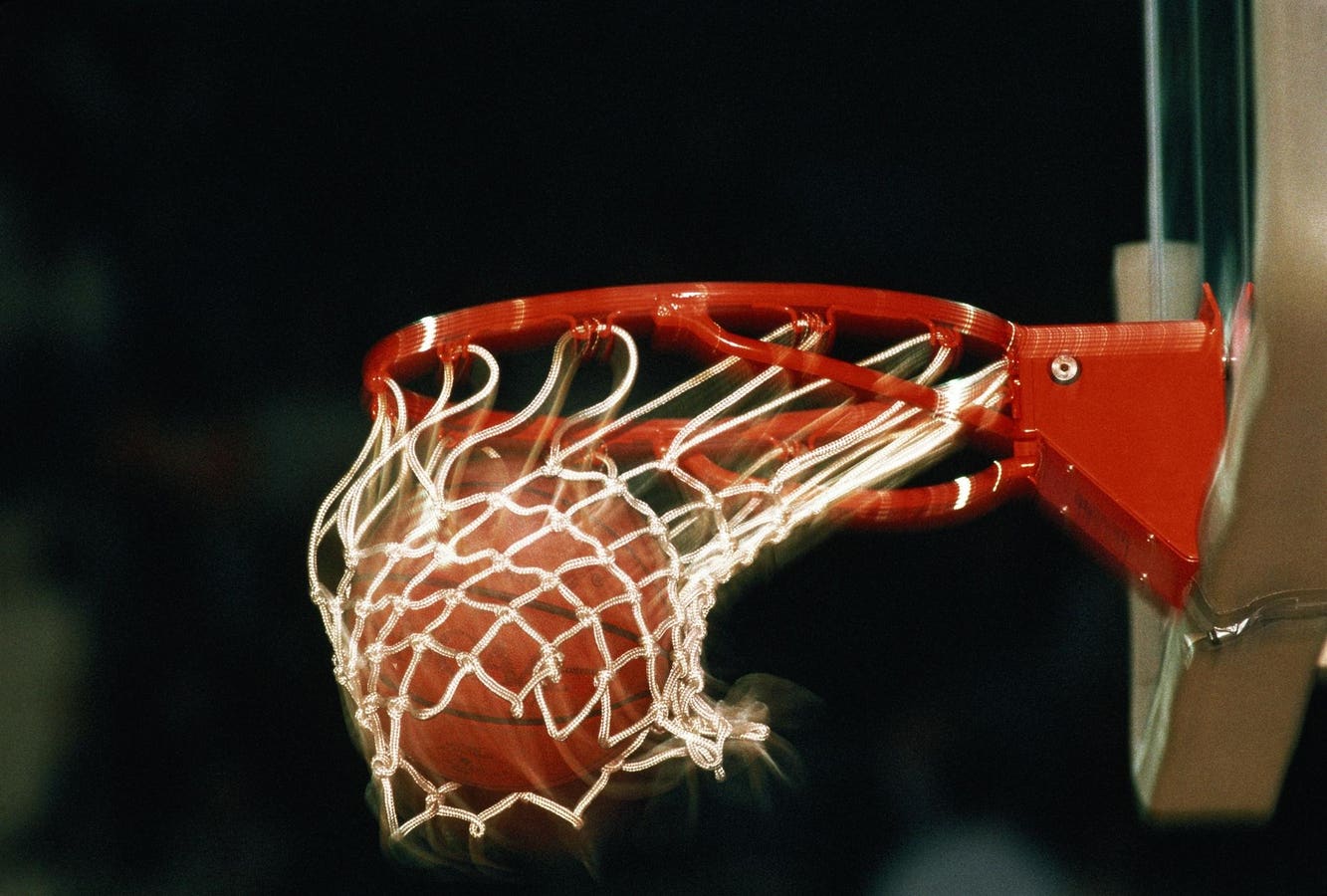NCAA Basketball
Council Post: Lessons From The Globalization Of Basketball: Leveraging Technology And AI For Growth

Source
forbes.com
Alon Werber is the former CEO of Pixellot, a leading provider of AI-automated sports production solutions.
With the 2024/25 NBA season now well underway, basketball is once again back in the global spotlight in what has been a busy and successful 12 months for the sport.
Back in August, for instance, the U.S.-France Olympic gold medal match was watched by twice as many viewers as four years previously. At the same time, the WNBA was part way through a "historic" season, according to CNN, with attendance up by 48% and more people tuning in to the average nationally televised WNBA game (657,000) compared to any season in the 21st century.
Back in the NBA, a new media rights agreement announced in July saw the league cut a deal worth $76 billion over 11 years—an increase of 160% per season compared to the current contract. Central to this jump in value has been the growth of streaming, which continues to transform the sports media landscape.
Looking ahead to global events such as the 2028 Los Angeles Olympics, many are also focusing on the central role being played by technology, particularly the adoption of AI, in developing the sport of basketball and other sports looking to build passionate fans and followers. But what can company leaders learn from the playbook being used by basketball leagues around the world?
For business leaders, understanding how sports organizations grow their fan bases and engage audiences can provide valuable insights into customer acquisition and retention strategies. What might surprise some is that the playbook for how to successfully develop a sport is happening right now in Germany.
The country has seen a surge in basketball's popularity over recent years, fueled by several factors, including the successful performance of German teams in international competitions, such as the Olympics and World Cup 2023. This is in addition to increased participation in the sport and local investments in technology and AI.
Germany isn’t the only country seeing a surge in popularity for the sport of basketball. Back in July, FIBA tapped Nielsen to conduct a landmark research study about the state of basketball. The results: Basketball has a growing fan base of more than 3.3 billion fans globally between the ages of 16 and 69, making it the second most popular sport globally.
What was also interesting was how these numbers were about a 10% increase since a similar study in 2019, with countries such as Indonesia, the Philippines, China and the UAE, showing particularly high growth, in addition to Spain, Germany and the U.K.
The Power Of Marketing, Engagement And Strategy
I think this rapid growth in popularity demonstrates the power of effective marketing, community engagement and strategic expansion—principles that can be applied across various industries. A recent case in point is the 2024 WNBA season, which generated a record-breaking $136 million in sponsor media value (SMV)—the monetary value of a brand's exposure through sponsorship—for brands, according to a recent study.
Playing a huge role in this success story has been the "Caitlin Clark effect," with 45% of total broadcast value coming from Indiana Fever games. This growth was accompanied by soaring social media engagement, with TikTok seeing a 470% increase in engagement per post compared to 2023.
So, where are these various trends taking basketball and other sports with an eye on global development? And also, what can businesses in other sectors learn about technology's role in fostering growth?
What we are likely to see next is the continued individualization of team sports with even more emphasis on the stars that play the game, their social media following and the way fans are following their favorite players—even if they represent different clubs. This trend toward "fluid fans" could also empower athletes to maximize the value of their personal brand as sports such as basketball become increasingly globalized.
The growth in women’s sports in general is unprecedented. Just as Caitlin Clark is playing a major role in fuelling the growth of the WNBA, the same effect can be seen elsewhere. The success of women’s soccer in the U.S., England and Europe, for instance, is reflected in the superstar status earned by the likes of Aitana Bonmatí, Naomi Girma and Barbra Banda (among many others) and is a testament to the appeal of big names on the global stage.
Businesses outside the sports ecosystem can take some important lessons from their success.
High on the list of priorities should be openness to embracing content and communication platforms, such as TikTok and YouTube. A great example of this kind of innovation can be seen in the NBA, who are allowing fans to create unique videos from game footage rather than hunt them down for infringement of rights. Commissioner Adam Silver created this strategy, and now YouTubers who create their own game commentaries are helping make demand for the product grow even further.
Technology also fosters participation. Many professional sports organizations have become experts in identifying and nurturing the superstars of the future, and businesses could learn a huge amount from teams that take a long-term view of their talent base.
Ultimately, sport is one of society’s most important trendsetters, and businesses that consider how the likes of basketball are delivering success can broaden their horizons as they look for innovative new ways to grow.
Forbes Business Council is the foremost growth and networking organization for business owners and leaders. Do I qualify?